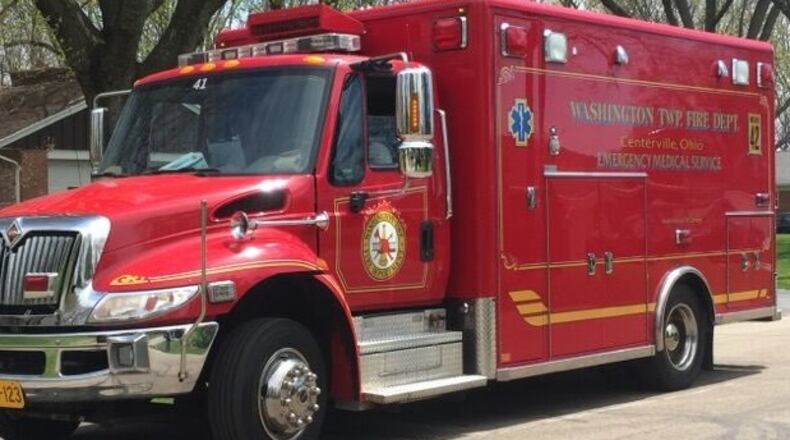Change Healthcare, Washington Twp.’s EMS billing company, recommended a review of the fire department’s EMS billing rate as a result of that AIF.
Township Fire Chief Scott Kujawa said that after discussion with Change Healthcare, he requested the township adjust EMS billing rates in according with the Center for Medicare and Medicaid Services 2023 AIF and increase rates by 8.7% effective Jan. 1.
“We analyze them annually to determine the need to increase,” said Kate Trangenstein, the township’s spokeswoman. “We have seen a significant increase in costs for providing service this year.”
That includes fuel, materials, equipment and other items, Trangenstein said.
Washington Twp. Board of Trustees voted Monday to approve the new rate. The township only bills the insurance for residents, the individual does not receive a bill, Trangenstein said.
Washington Twp. has not made an adjustment to its EMS billing rates since March 1, 2019, at which time rates were increased by 2.3% in accordance with the 2019 AIF. Ambulance inflation factors are published annually and are often a minimal amount, she said.
The AIF for 2020, 2021, and 2022 were 0.9%, 0.2%, and 5.1% respectively.
“We did not see a financial need to increase until this year,” Trangenstein said.
The rate increase is necessary right now because “costs for providing services have risen with inflation,” she said.
Change Healthcare said in its letter that the township was not limited to an 8.7% increase. Despite that, the township opted to keep the increase to the requested amount.
“We’re good stewards of the public dollars we receive and don’t see a need to increase to a higher amount at this time,” Trangenstein said.
About the Author

